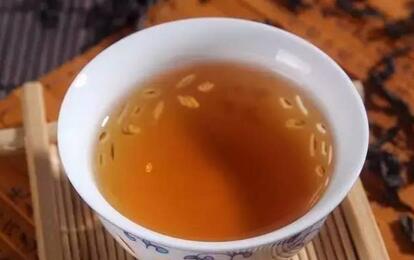Recently, I came across this amusing complaint online:
A flight from Hong Kong to Beijing couldn't land upon arrival. Guess why? The smog was too thick to see!!!
Autumn and winter are peak seasons for respiratory illnesses, and with the added "assault" of smog, our lungs are under tremendous pressure. Be kind to your "lungs."
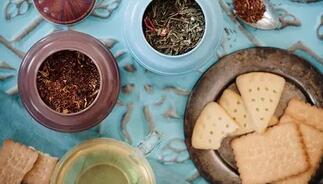
5 Lung-Cleansing Herbal Teas
Flush out the dirty stuff in your lungs
Dry Throat and Cough — Loquat Fruit Tea
People who talk a lot or suffer from chronic pharyngitis often experience dry throats and coughing. Boiling loquat fruit in water can clear the lungs, relieve coughs, soothe the throat, and alleviate pain.
Note: Loquat fruit is cold in nature, so those with weak stomachs should avoid prolonged use.
Method:
1. Take 5–8 grams of loquat fruit.
2. Remove the shell, break it apart, steep in boiling water, and drink after cooling.
3. It has the effects of clearing heat, detoxifying, resolving phlegm, relieving coughs, and moisturizing the lungs.
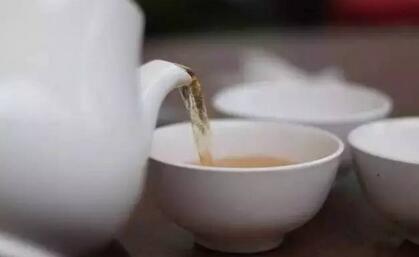
Dry Mouth and Sore Throat — Dendrobium Tea
Dendrobium nourishes yin, clears heat, and protects the lungs, making it useful for treating chronic pharyngitis. If you often feel a dry mouth or throat pain, steeping dendrobium in water can help.
Note: Those with excessive phlegm-dampness (thick tongue coating) or weak spleen and stomach (diarrhea) should consult a doctor before use.
Method:
1. Take 10 grams of dendrobium to make tea.
2. For better efficacy, boil it and drink the decoction.

Throat Itchiness — Honeysuckle and Platycodon Tea
In dry weather, many people experience dry mouth and throat itchiness. Honeysuckle and platycodon tea can clear heat, promote fluid production, moisturize the lungs, and soothe the throat.
Note: People with weak spleen and stomach should avoid excessive consumption.
Method:
1. 5 grams of honeysuckle, 5 grams of Ophiopogon japonicus, 3 grams of platycodon, and 2–3 grams each of raw licorice, boat sterculia seeds, and Tibetan olive.
2. Steep in boiling water and drink as tea.
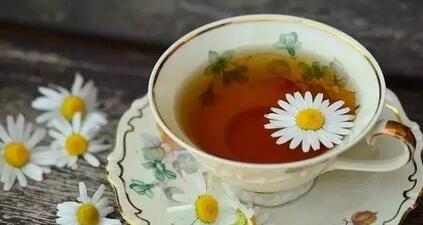
Wind-Cold Flu — Ginger and Jujube Tea
Symptoms like nasal congestion, sneezing, clear runny nose, throat itchiness, cough, thin white phlegm, chills, no sweating, and headaches may indicate a wind-cold flu. For mild symptoms, ginger and jujube tea can prevent worsening.
Note: This remedy is suitable for mild wind-cold flu. If symptoms persist for over 3 days or are accompanied by fatigue or chest pain, seek medical attention.
Method:
1. 10 grams of ginger, 5 grams of jujube.
2. Boil in water and drink.
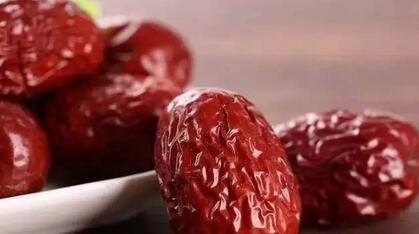
Wind-Heat Flu — Mint and Licorice Tea
Symptoms like sore throat, dry mouth, sticky nasal discharge, thick yellow phlegm, headache, and cough may indicate a wind-heat flu. A cooling, lung-clearing approach is recommended.
Note: This remedy is suitable for mild wind-heat flu. If symptoms persist for over 3 days or are accompanied by fatigue or chest pain, seek medical attention.
Method:
1. 3 grams of Trollius chinensis, 3 grams of mint, 3 grams of raw licorice.
2. Steep as tea.
